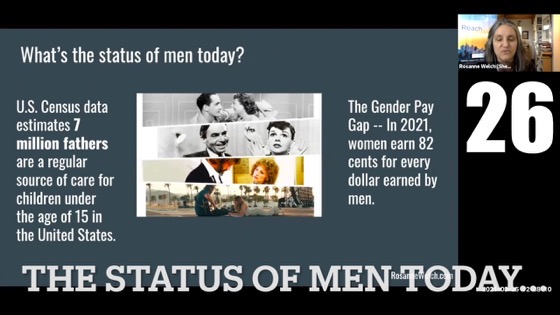It was great to be able to attend this year’s SD WhoCon in San Diego and present this lecture on “The Difficulties and Delicacies of Writing the First Female Doctor in 50+ years” in which I discuss how successful I think showrunner Christopher Chibnall was in making that transition.
It gave me a chance to talk about the creative work of a showrunner/screenwriter while also reconnecting to some friends we had met at this same convention some 3 years ago – and to talk about one of my favorite subjects – Doctor Who!
Transcript:
Because I do know — I have two very favorite — yeah my very favorite fandoms are Doctor Who and The Monkees and somebody did this lovely piece of fan art which I just fell in love with so I love how fandom blends together and you know the whole community that you create with other people who love what you love but today we’re going to talk about the writing of this new female Doctor right? I used to actually have a Matt outfit I like to wear and I had a Peter outfit that I like to wear but now I’m going to have to kind of have to go with the fact that hello I bought this two years ago here at WhoCon, so it’s really fun. Anyway, this was actually the title and this is a line right from the first episode. What I loved is this business right? “She’s wise and unafraid and I believe in her.” One of the things I noticed about what Chibnall had to do right away and I know that we all have some gripes about some of the stuff he’s done but I think that he made some very good choices in the beginning and a lot of that has to do with writing and hiring some other very good writers who brought in some aspects of the show we hadn’t had before.
Watch this entire presentation
Podcast: Play in new window | Download
Subscribe: RSS

![39 More On Teaching? from Worry and Wonder | The Courier Thirteen Podcast [Video]](https://rosannewelch.com/wp-content/uploads/2022/03/rmw-courier-13-29.jpg)


![13 Even More On D. C. Fontana From Women in Early TV for the American Women Writers National Museum [Video]](https://rosannewelch.com/wp-content/uploads/2022/02/rmw-visible-stars-early-tv-13.jpg)

![04 My Writing from The Difficulties and Delicacies of Writing the First Female Doctor in 50+ years [Video] [Doctor Who]](https://rosannewelch.com/wp-content/uploads/2022/02/rmw-whocon-2021-chibnall-04.jpg)
![38 Why Teaching? from Worry and Wonder | The Courier Thirteen Podcast [Video]](https://rosannewelch.com/wp-content/uploads/2022/02/rmw-courier-13-38.jpg)

![12 More On D. C. Fontana From Women in Early TV for the American Women Writers National Museum [Video]](https://rosannewelch.com/wp-content/uploads/2022/02/rmw-visible-stars-early-tv-12.jpg)
![03 Russell T Davies from The Difficulties and Delicacies of Writing the First Female Doctor in 50+ years [Video] [Doctor Who]](https://rosannewelch.com/wp-content/uploads/2022/02/rmw-whocon-2021-chibnall-03.jpg)
![37 Finding Your Writing Process...from Worry and Wonder | The Courier Thirteen Podcast [Video]](https://rosannewelch.com/wp-content/uploads/2022/02/rmw-courier-13-37.jpg)